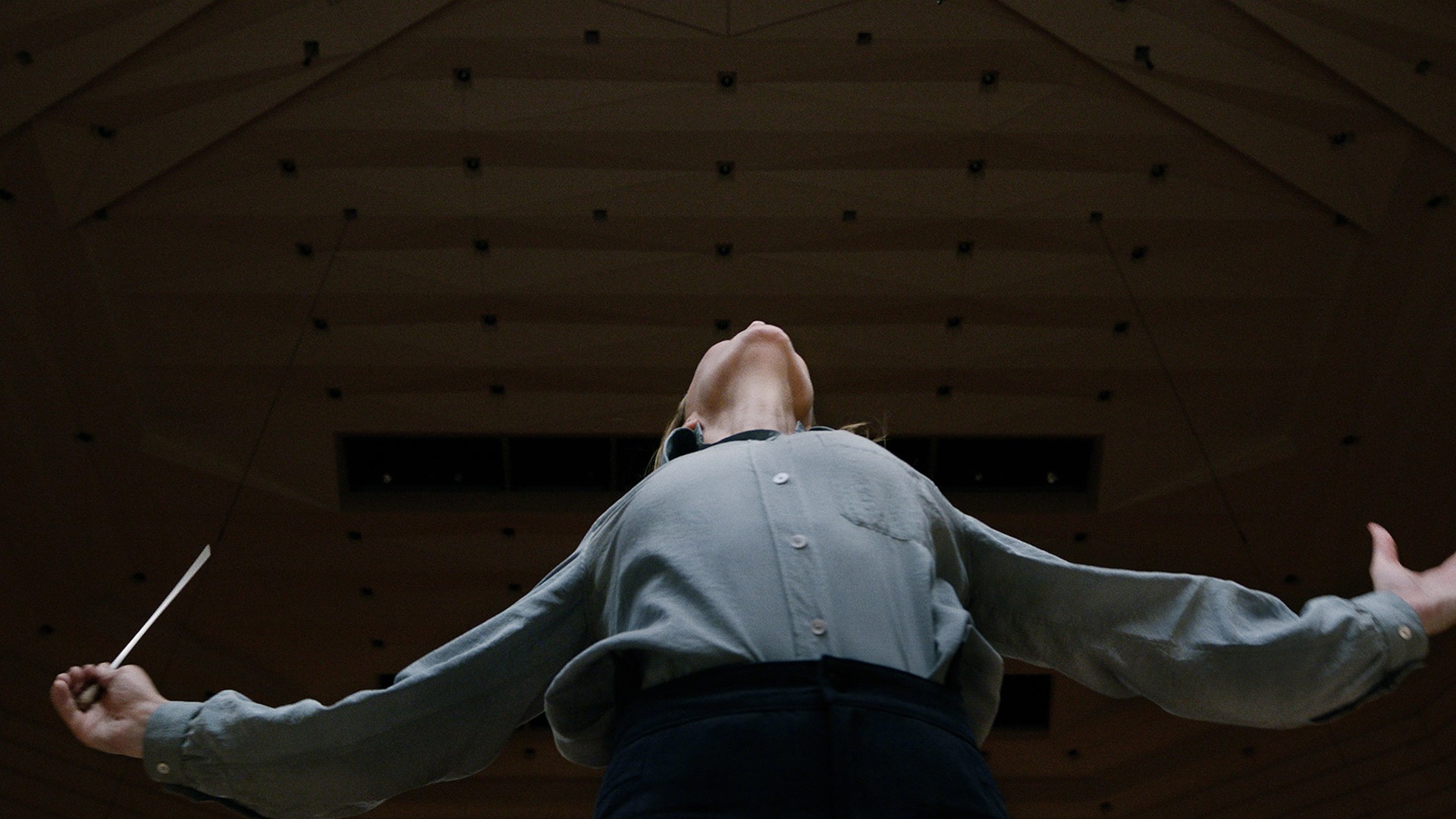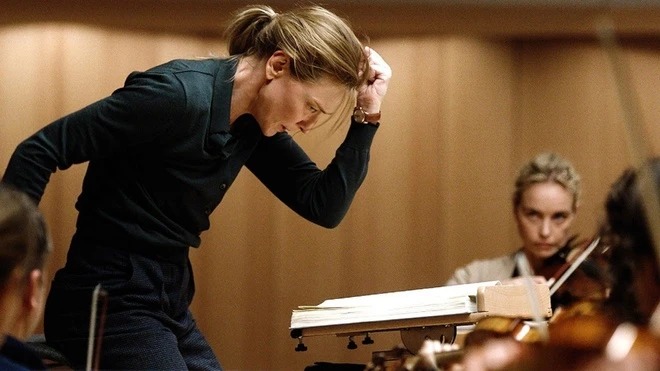Tár (2022)

Tár is a psychological drama film released in 2022, directed and written by Todd Field. The film stars Cate Blanchett in a powerful and critically acclaimed performance as Lydia Tár, a fictional, highly accomplished conductor navigating the complexities of her personal and professional life. The film delves into themes of power, ambition, and moral ambiguity, offering a deep exploration of its central character’s rise and fall within the classical music world.
The plot of Tár follows Lydia Tár, a celebrated conductor and composer at the peak of her career. As the first female conductor of the Berlin Philharmonic, Lydia is at the pinnacle of her professional life, respected and admired by peers and subordinates alike. However, her carefully curated image begins to unravel as personal and professional crises force her to confront the darker aspects of her own character and her relationships with others. The film’s narrative explores how Lydia’s ambition and control over her environment start to erode the very foundations of her life.
Cate Blanchett’s performance as Lydia Tár is a tour de force. She brings depth, complexity, and nuance to the character, portraying Lydia as both brilliant and deeply flawed. Blanchett’s portrayal of a woman grappling with her own power, the pressures of her career, and the consequences of her actions is mesmerizing. The film’s success largely hinges on her ability to embody this multifaceted character, capturing the fragility and strength of a woman at a crossroads in her life.
One of the key themes of Tár is the exploration of power dynamics, particularly within the context of the classical music world. Lydia’s position as a respected conductor places her at the center of a world where power, reputation, and control are paramount. The film does not shy away from exposing the toxic elements of this environment, including the exploitation and manipulation that can arise in situations of immense authority. Lydia’s relationships with her colleagues, particularly her assistants and mentees, are fraught with tension, revealing the complexities of trust, loyalty, and ambition.

The film also touches on the idea of moral decay and the consequences of unchecked ambition. As Lydia’s personal life begins to spiral, Tár raises questions about the cost of success and the price of maintaining one’s position at the top. Lydia’s actions, both in her professional dealings and her personal relationships, begin to show a darker side, and the film explores the idea that even the most accomplished individuals can fall prey to their own hubris. Her unraveling serves as a sobering commentary on the fragility of power and the human capacity for self-destruction.

Visually, Tár is a striking film, with Todd Field’s direction creating a tense, immersive atmosphere. The use of sound, particularly in the classical music scenes, heightens the emotional weight of the narrative. The film’s pacing and subtle storytelling techniques allow the tension to build gradually, keeping the audience on edge as Lydia’s life and career begin to collapse. The cinematography and music further emphasize the film’s focus on the complex emotional landscape of its central character.

In conclusion, Tár is a gripping psychological drama that delves into the complexities of power, identity, and moral ambiguity. Cate Blanchett’s stellar performance and Todd Field’s thoughtful direction combine to create a film that is both intellectually stimulating and emotionally compelling. The film’s exploration of the price of success and the darkness that can lie beneath a polished exterior makes it a thought-provoking piece of cinema that resonates long after the credits roll.











